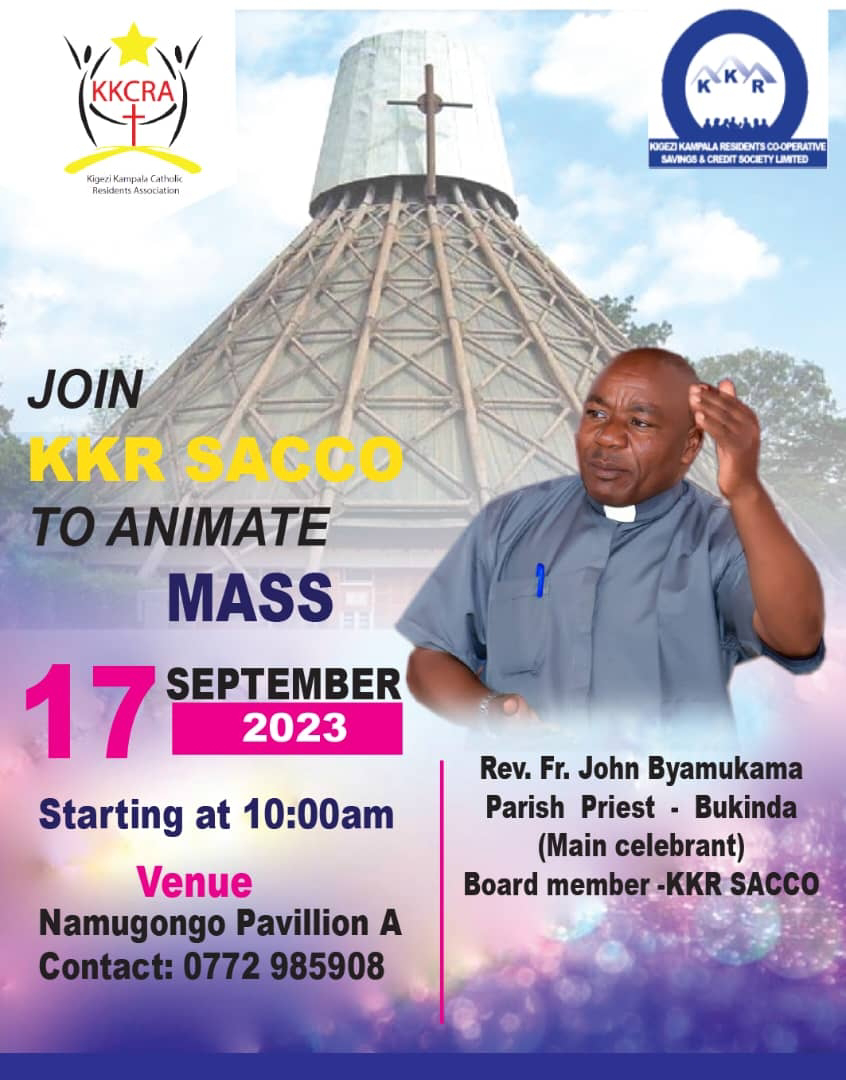A Symphony of Harmony: International Day of Peace By Davis Owomugisha
In a world often marked by discord and division, the International Day of Peace stands as a powerful reminder of our collective capacity to aspire, work, and hope for a more peaceful world. As we come together to mark this significant day, we delve deeper into the meaning of peace, the challenges it faces, and the roles each of us plays in forging a harmonious global society.
**The Essence of International Day of Peace**
Every year, on September 21st, people from all corners of the globe observe the International Day of Peace. Established by the United Nations in 1981 and celebrated since 1982, this day serves as a beacon of hope, symbolizing the universal desire for peace. It provides an opportunity for humanity to pause, reflect, and take action towards the eradication of violence and the promotion of unity.
**Challenges on the Path to Peace**
Peace, in its purest form, is not merely the absence of conflict, but the presence of justice, equality, and the safeguarding of human rights. As we confront the challenges of our time, it becomes evident that peace remains elusive for millions worldwide.
Conflict zones, economic disparities, political turmoil, social injustices, and environmental degradation continue to test our commitment to peace. The devastating impacts of the COVID-19 pandemic further underscore the interconnectedness of our world, revealing both our strengths in collective response and the frailty of our global systems.
**The Role of Individuals in Building Peace**
While governments, organizations, and institutions play crucial roles in shaping the global landscape, the responsibility to cultivate peace extends to every individual. The path to peace begins within ourselves and within our communities.
Embracing empathy, practicing tolerance, and nurturing understanding in our daily lives can have profound ripple effects. Small acts of kindness and compassion can transform our immediate surroundings, creating a ripple effect that extends to our families, communities, and beyond.
**Education as a Pillar of Peace**
One of the most potent tools we possess in the pursuit of peace is education. Quality education empowers individuals with the knowledge, critical thinking skills, and moral compass to navigate the complexities of the world. It fosters respect for diversity, challenges prejudice, and encourages dialogue.
Moreover, education is a vehicle for breaking the cycle of poverty, promoting gender equality, and addressing societal injustices. When accessible to all, education becomes a cornerstone of peace, unlocking the potential for progress and prosperity.
**International Cooperation: Diplomacy over Conflict**
International relations play a pivotal role in shaping the world's peace landscape. Diplomacy and cooperation are the preferred paths to conflict resolution. Dialogue, negotiation, and multilateral diplomacy can bridge divides, prevent conflicts, and seek solutions to global challenges.
Issues such as climate change, resource scarcity, and public health crises require coordinated, collective action. By emphasizing diplomacy over confrontation, nations can work together to address shared challenges, benefiting all of humanity.
**Empowering Youth as Ambassadors of Peace**
The younger generation holds the key to a brighter future. They are not just inheritors of the world but active shapers of it. Empowering youth with the tools, resources, and platforms to become ambassadors of peace is a vital investment in global stability.
Youth-led initiatives, activism, and engagement in civic life bring fresh perspectives and innovative solutions to the forefront. These young voices inspire change, challenge the status quo, and build bridges between diverse communities.
**Conclusion: A Call to Action**
As we commemorate the International Day of Peace, let us remember that peace is not a static state but an ongoing journey. It is a journey that requires our collective commitment, dedication, and cooperation. The path to peace is not without challenges, but it is one we must walk together.
In our individual lives, within our communities, and on the global stage, we can make a difference. Let us nurture the seeds of peace within ourselves, promote education and understanding, champion diplomacy, and empower the youth. Through these collective efforts, we can bring about a world where peace prevails over conflict, harmony over discord, and unity over division.
On this International Day of Peace, let our actions resonate with the timeless words of Mahatma Gandhi: "You must be the change you want to see in the world." Together, we can create a symphony of harmony that reverberates across nations and generations, making peace a reality for all.


Comments
Post a Comment